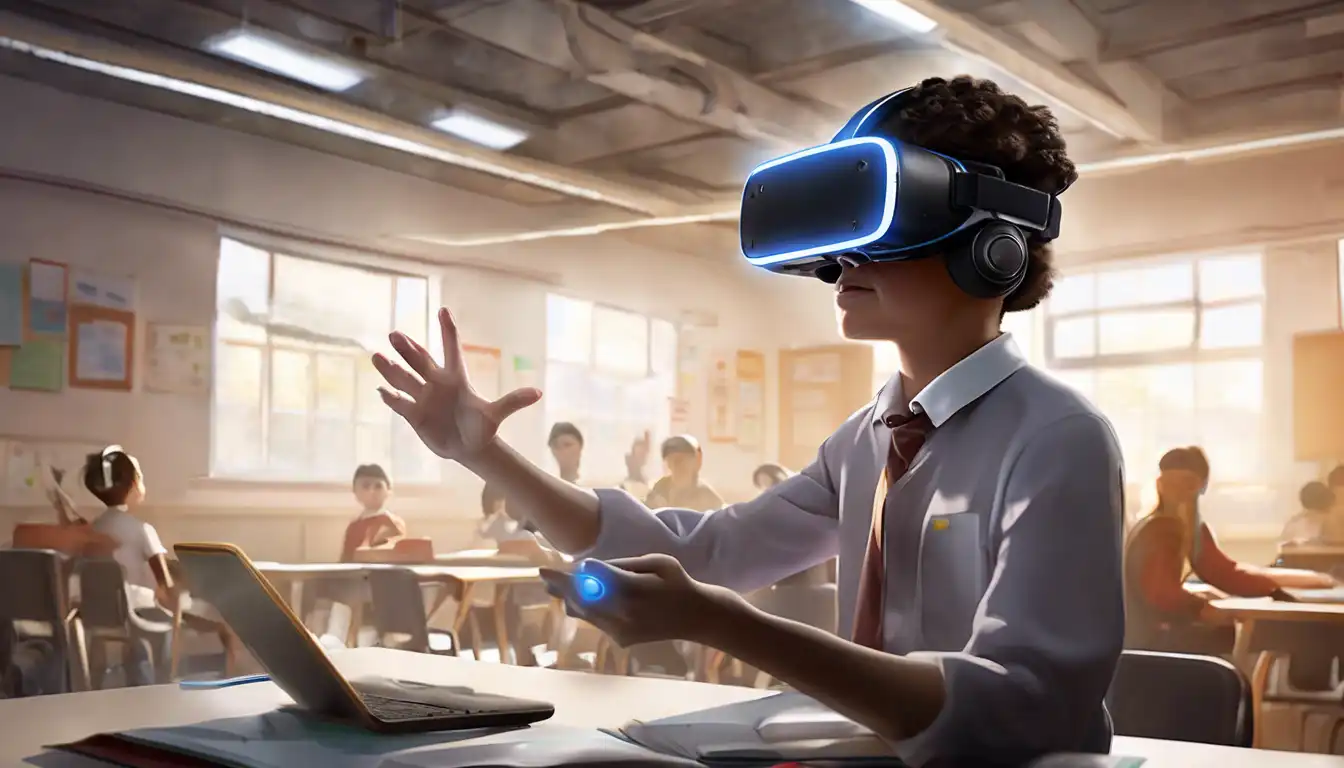The Transformative Impact of Virtual Reality on Learning and Skill Development
Virtual Reality (VR) technology has rapidly evolved from a futuristic concept into a practical tool that is reshaping industries, including education and training. By creating immersive, interactive environments, VR offers unparalleled opportunities for experiential learning and skill acquisition. This article delves into the potential of VR in revolutionizing educational methodologies and professional training programs.
Immersive Learning Experiences
One of the most significant advantages of VR in education is its ability to simulate real-world environments. Students can explore historical sites, dissect virtual cadavers, or conduct chemical experiments in a safe, controlled setting. This hands-on approach enhances understanding and retention, making learning more engaging and effective.
Enhanced Training Programs
In the realm of professional training, VR provides a risk-free platform for practicing complex procedures. From surgical operations to mechanical repairs, trainees can hone their skills without the consequences of real-life mistakes. This not only improves competency but also boosts confidence before transitioning to actual tasks.
Accessibility and Inclusivity
VR technology democratizes education by making it accessible to individuals regardless of geographical or physical limitations. Virtual classrooms can connect students from around the globe, while those with disabilities can experience learning in ways that traditional methods cannot offer.
Future Prospects
The integration of VR in education and training is just beginning. With advancements in AI and machine learning, future VR applications could offer personalized learning experiences, adapting in real-time to the user's pace and style. The potential for growth and innovation in this field is boundless.
As we continue to explore the capabilities of VR, it's clear that its impact on education and training will be profound. By embracing this technology, educators and trainers can unlock new dimensions of learning and skill development, preparing individuals for the challenges of tomorrow.
For more insights into the latest educational technologies, check out our articles on Innovative Learning Tools and The Future of Education.
